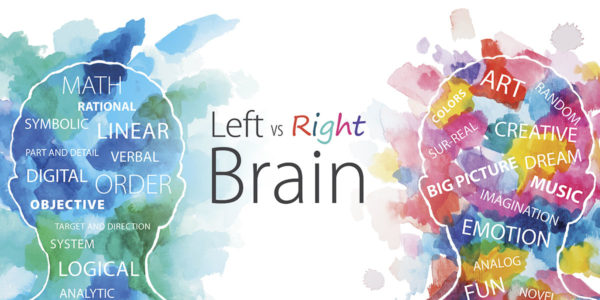We know Emotions give meaning to events and have a significant impact on the decision making process. Our brains are wired to rely on emotion before intellect when considering a purchase or making a decision. That is why we fall in love with a car, jewelry or a house before we buy it. Through science we have learned that people buy based on emotion before logic. Logic justifies the decision, but emotions usually come first.
Let’s look at the science.
The limbic system – the feeling and reacting part of the brain – is critical in driving motivation, action and response. In other words, people need to feel something in order to do something. Emotional events prompt the amygdala – the brain’s emotional center – to release dopamine, which aids memory. Therefore, the stronger the emotion, the more memorable it becomes. MRI imagery has proven that consumers rely on emotion rather than information when considering a purchase. Therefore, a brand must be emotionally accessible.
To underscore this point, one of the most compelling pieces of data comes from IPA/Databank on the effectiveness of advertising. According to their study, ad campaigns with purely emotional content outperformed those with rational content 2:1.
So what does this mean?
If a brand appeals to the unconscious mind rather than the rational mind, then a potential customer does not have to work as hard to make a decision. Associating a brand with powerful stories and experiences increases response and consideration.
Therefore, the most memorable brands with the greatest stories are the ones that stand out the most.









